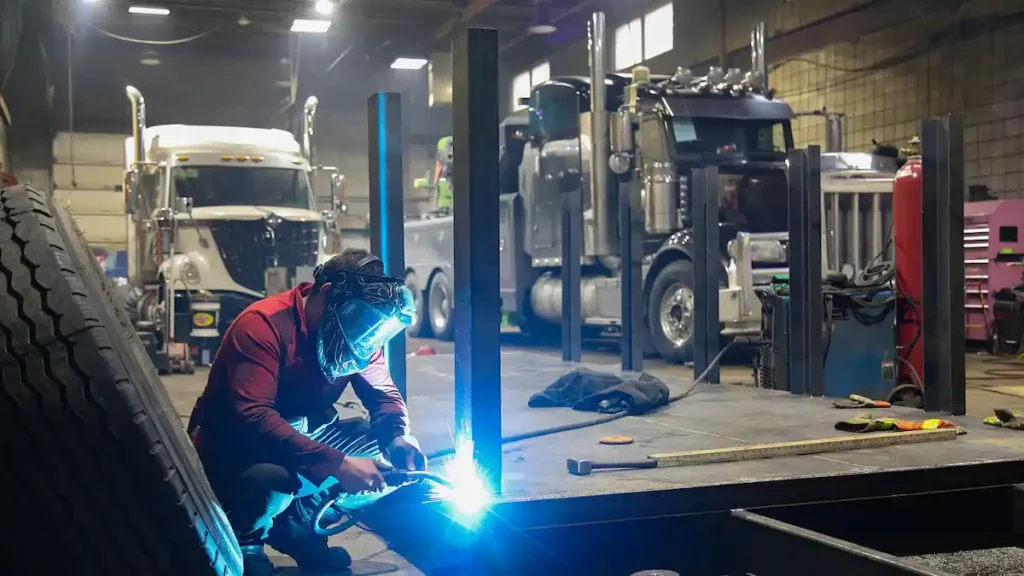Manufacturing, the process of transforming raw materials into finished goods, stands as the cornerstone of industrialization and economic growth. It encompasses a wide range of activities, from converting natural resources into usable materials to assembling complex products using advanced technologies. Manufacturing has revolutionized the world, shaping societies and driving innovation across diverse industries.
The Evolution of Manufacturing
Manufacturing has undergone a remarkable transformation throughout history, adapting to changing technological advancements and societal needs. From the rudimentary tools and techniques of the Industrial Revolution to the sophisticated automation and robotics of today, manufacturing has continuously evolved to meet the demands of an ever-evolving world.
Key Characteristics of Manufacturing
Manufacturing is distinguished by several defining characteristics:
- Value Creation: Manufacturing transforms raw materials into products with greater value, adding utility and enhancing the economic landscape.
- Production Efficiency: Manufacturing processes are designed to optimize resource utilization, minimize waste, and maximize production output.
- Technological Integration: Manufacturing heavily relies on technology, from automated machinery to sophisticated manufacturing systems, to achieve efficiency, precision, and innovation.
The Role of Manufacturing in the Global Economy
Manufacturing plays a pivotal role in the global economy, contributing significantly to:
- Economic Growth: Manufacturing generates jobs, drives innovation, and stimulates economic activity, fueling the growth of nations and regions.
- Product Development: Manufacturing enables the production of goods that meet consumer needs, improve living standards, and drive technological advancements.
- Global Trade: Manufactured goods form a significant portion of international trade, facilitating the exchange of products and services across borders.
Types of Manufacturing
Manufacturing encompasses a diverse range of industries, each with its unique processes and products:
- Discrete Manufacturing: Produces distinct and countable items, such as automobiles, appliances, and electronics.
- Process Manufacturing: Converts raw materials into continuous outputs, such as chemicals, textiles, and food products.
- Job Shop Manufacturing: Produces customized or one-off products based on specific orders, often in smaller quantities.
The Future of Manufacturing
As technology continues to advance, the future of manufacturing is poised for significant transformations, driven by:
- Automation and Robotics: Advanced automation and robotics will further enhance efficiency, precision, and productivity in manufacturing processes.
- Industry 4.0: The integration of digital technologies, such as the Internet of Things (IoT), cloud computing, and artificial intelligence (AI), will revolutionize manufacturing operations.
- Sustainability and Environmental Consciousness: Manufacturing practices will increasingly focus on sustainability, reducing waste, conserving resources, and minimizing environmental impact.
Conclusion
Manufacturing remains a crucial driver of economic growth, innovation, and global trade. As the world evolves, manufacturing will continue to adapt and transform, embracing technological advancements, fostering sustainability, and shaping the future of industries and societies worldwide.

